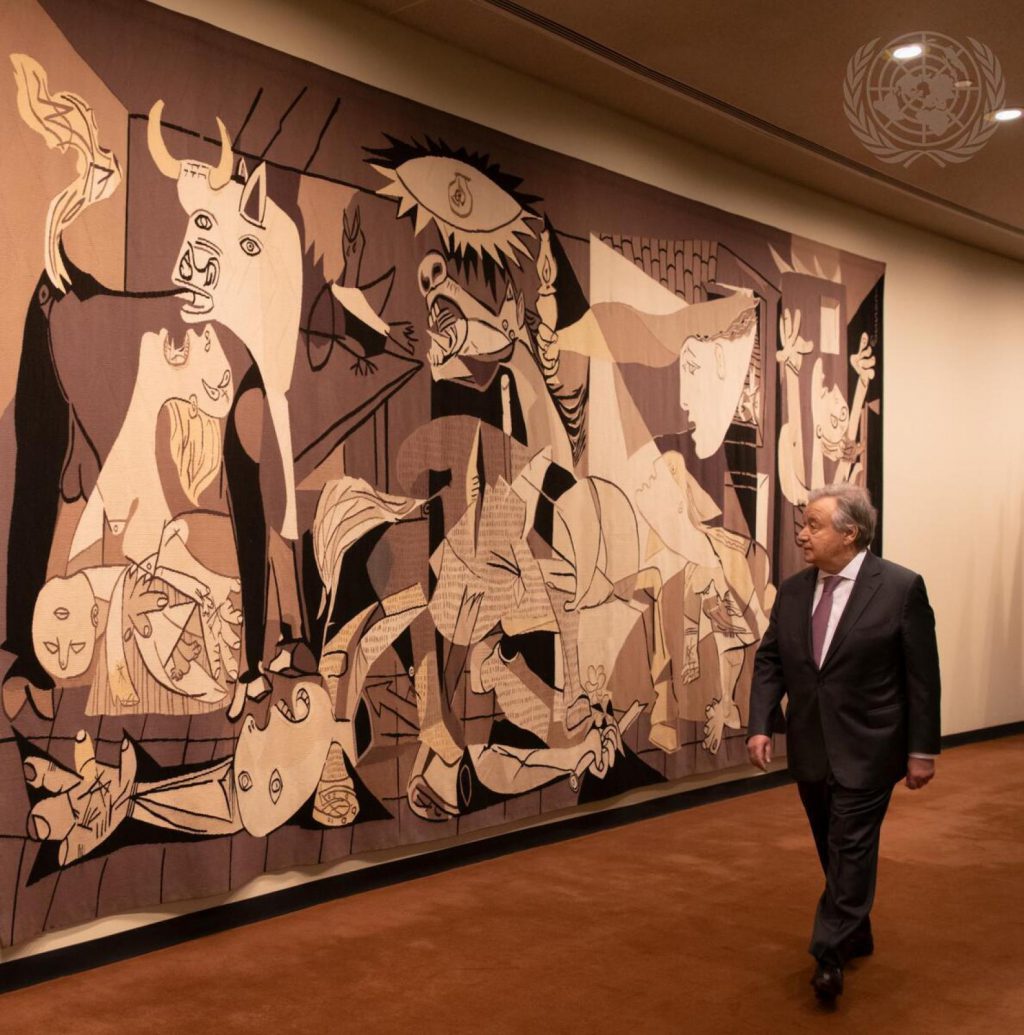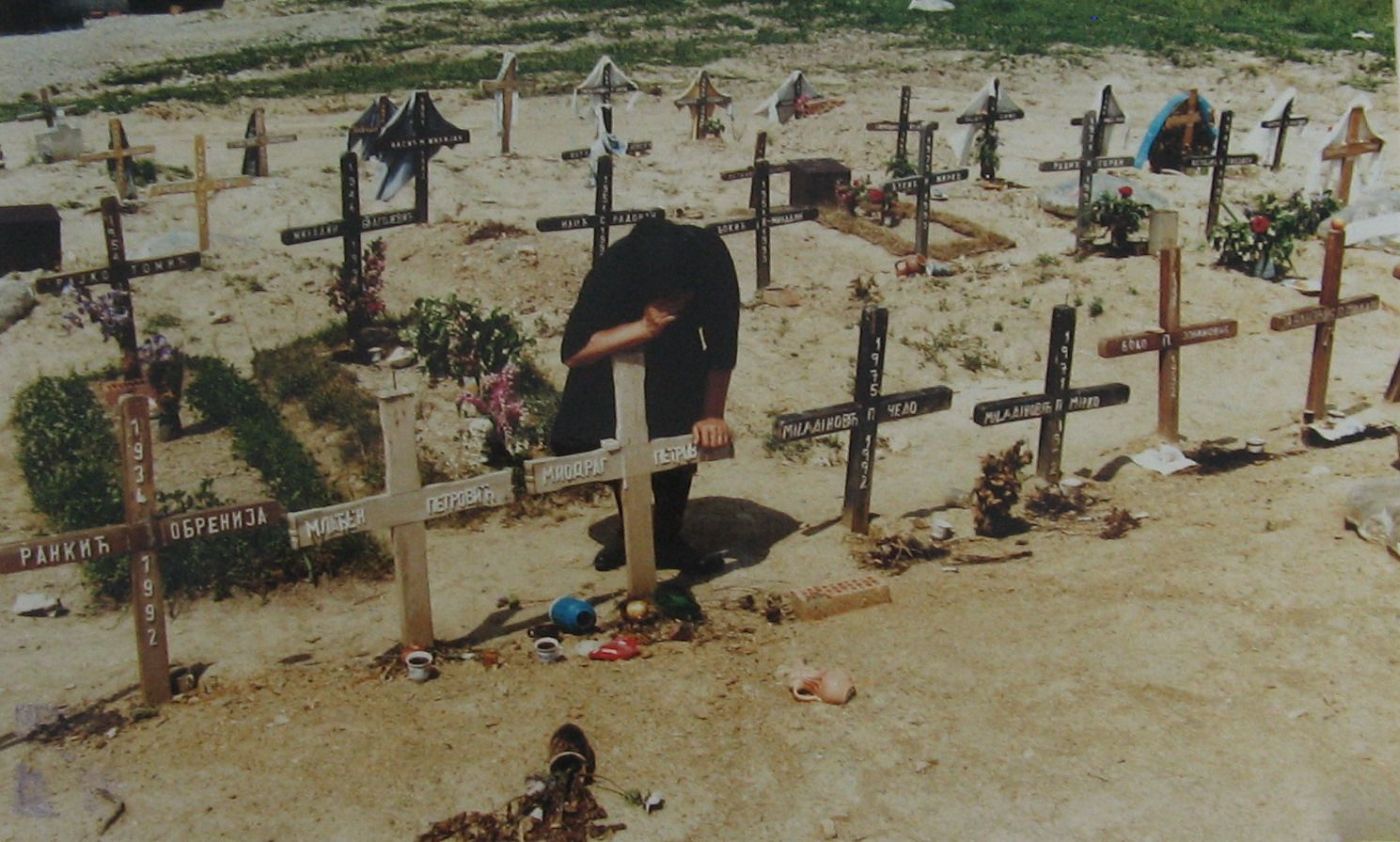
Views: 72

After WWII, there was a growing number of significant non-state actors in international relations (IR) like the OUN or various specialist agencies connected to it. Nevertheless, two key developments stimulated the growth of such organizations after WWII:
- The realization that building cooperation and collective security was a much wider task than merely deterring aggressors in traditional attacks on fixed international order. It, therefore, involved finding ways of agreeing on international policy in a variety of practice areas.
- The increasing coverage of international law includes new foci, including, human rights, social justice, natural environment, and regarding warfare – war crimes.
The final result of such post-WWII development in IR and global politics was that the application of the OUN system took place within the context of the growth and expansion of international law which dealt as well with war crimes. As a consequence, IR became less concerned with the state’s freedoms and independence alone but becoming more interested in general welfare with regards to including those affecting various non-state actors, such as pressure groups of different kinds, not least those demanding the investigation of war crimes including ethnic cleansing and genocide.
However, since the Cold War’s two nuclear Superpowers for geopolitical reasons, often been supporters of anti-democratic regimes that notoriously violated their own citizen’s rights, like the US support of the authoritarian regime of General Pinochet (1973−1990), in Chile than the removal of such structural condition appeared favorable to a general improvement in those countries requiring the investigation of the violation of human rights in some cases of the civil wars connected with war crimes.
The phenomenon of war crimes is commonly understood as individual responsibility for violations of the internationally agreed-on laws and customs of warfare. The responsibility of such kind is covering both the commission of war crimes in a direct way and ordering or facilitating them. In principle, the rule violated must be part of the international customary law or part of an applicable treaty.
Chronologically, the first and unsuccessful attempts at the prosecution of war crimes have been after the Great War. The same problem of individual responsibility for war crimes became once again actual during and after WWII, with the declarations in 1942 and 1943 by the Allied coalition. It was, basically, the expression of the determination to prosecute and punish at least major war criminals on the opposite side but, unfortunately, not on their own as well. Another practical purpose was to establish the tribunals for such cases to take place in Nuremberg in Germany (for the Nazi German war criminals) and Tokyo in Japan (for Japanese war criminals).
The war crimes committed in WWII had been covering the so-called “crimes against humanity” as defined by the Charter of the International Military Tribunal that was established in Nuremberg like killing, extermination, enslavement, deportation, and other inhuman acts committed against civilian populations either before or during a war. In addition, the same category of war crimes was put persecution on political, racial, or religious foundations followed by the crime of aggression and crimes against peace like planning, preparation, initiation, or waging of a war of aggression.
War crimes are in general as well as understood in terms of all of those acts that are defined as the so-called “grave breaches” of the 1949 Geneva Conventions and Additional Protocol 1 of 1977. Later, the acts of war crimes are defined in the 1993 Statute of the International Criminal Tribunal for the Former Yugoslavia, by the 1994 Statute of the International Criminal Tribunal for Rwanda followed by Article 8 of the 1998 Rome Statute of the International Criminal Court. Nevertheless, in the 1990s, it was on agenda a greater willingness by one part of states to establish the so-called “international” courts for the matter of prosecution of potentially committed war crimes with the first such tribunal established after WWII which was dealing with cases from the territory of ex-Yugoslavia followed by the similar court for Rwanda and successful negotiation of the Rome Statute of the International Criminal Court.
The conflicts which followed the brutal destruction of ex-Yugoslavia have been widely referred to as European bloodiest conflicts after 1945 partly because of the severity and intensity of the actual warfare and partly because of mass ethnic cleansings on all sides. However, this war practice from the 1990s became infamous for the war crimes that have been alleged to be violent. Nevertheless, the case of the Yugoslav destruction in the 1990s became officially the first military conflict after WWII formally to be judged as genocidal by the Western international community.
Personal disclaimer: The author writes for this publication in a private capacity which is unrepresentative of anyone or any organization except for his own personal views. Nothing written by the author should ever be conflated with the editorial views or official positions of any other media outlet or institution.
Ex-University Professor
Research Fellow at Centre for Geostrategic Studies
Belgrade, Serbia
www.geostrategy.rs
sotirovic1967@gmail.com
© Vladislav B. Sotirovic 2023
Origins of images: Facebook, Twitter, Wikimedia, Wikipedia, Flickr, Google, Imageinjection, Public Domain & Pinterest.
Read our Disclaimer/Legal Statement!
Donate to Support Us
We would like to ask you to consider a small donation to help our team keep working. We accept no advertising and rely only on you, our readers, to keep us digging the truth on history, global politics, and international relations.
FOLLOW US ON OUR SOCIAL PLATFORMS







